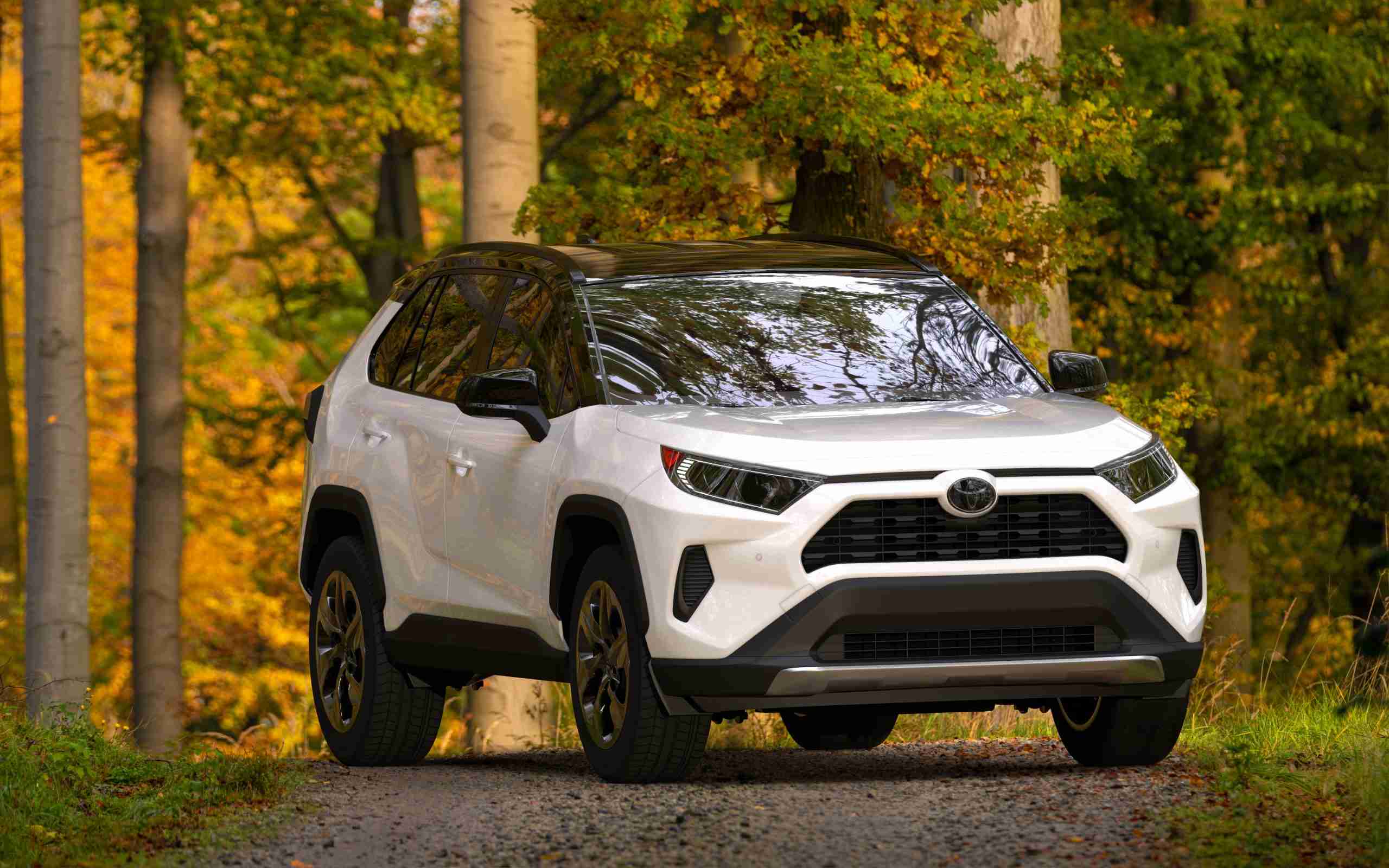Toyota’s RAV4 stands up well when it comes to reliability; however, there may be certain model years which pose issues.
Problems typically revolve around the engine and steering system, though many can be solved through mechanical work alone. For instance, the 2AZ-FE engine is notorious for consuming oil excessively and leaking oil continuously.
2006
Toyota’s 2006 RAV4 should be avoided, due to high oil consumption, transmission heating issues, and steering shaft concerns.
At seven recalls and nearly 500 complaints this model year should be avoided as much as possible, although many issues can be remedied through creative mechanical work. Even so, owners still find this C-SUV reliable overall with front seat side airbags being standard and an optional JBL stereo with steering wheel controls from JBL being available; its third generation also boasts greater fuel economy compared to its predecessor.
2007
Toyota RAV4’s third generation increased in size to make it more livable and provide advanced driver assistance features like drowsy driving detection and lane keeping assist. Fuel economy also saw improvements, along with drowsy driving detection and lane keeping assist features.
Owners of cars produced in this year frequently expressed displeasure with engine oil consumption, transmission heating issues, and steering shaft concerns. Some problems were addressed via Technical Service Bulletins (TSBs) or recalls.
Avoid this model year altogether as there are more reliable options available.
2008
Toyota RAV4s have always had their fair share of mechanical issues. However, at one point they weren’t plagued by broken engines or baffling infotainment systems.
This era ended with the 2008 model year. Excessive oil consumption, clunking steering shafts, and other mechanical problems plagued these vehicles; however, these were easily fixable through simple mechanic work. These issues didn’t cause accidents or injury and Car Complaints notes that driving an RAV4 safely requires regular maintenance, yet you should expect some repair bills in future.
2009
The RAV4 crossover SUV is an exceptionally well-rounded option with low maintenance costs and owners appreciate its practical nature and easy driveability.
Toyota’s smallest SUV earned one of the top reliability ratings in its class, boasting impressive cargo space and offering third-row seating as standard features. Unfortunately, however, it failed to pass Insurance Institute for Highway Safety’s small overlap test on both driver and passenger sides; however, this problem was overcome in 2015 by strengthening structural components.
2010
2007 saw continued engine issues for the RAV4, particularly with regard to its 2AZ-FE engine, which can often consume too much oil, while steering issues have also been reported.
RepairPal’s reliability rating for the Toyota RAV4 is determined based on actual costs, frequency and severity of unscheduled maintenance and repairs for this compact SUV class. This score provides an accurate representation of its overall reliability rating.
In 2022, the RAV4 earned an excellent overall score. Its strengths include its powerful engine, large cargo space and superior crash test ratings; however, its weaknesses include an infotainment system with connectivity issues and an awkward user interface.
2011
The second-generation RAV4 doesn’t enjoy the same track record of reliability that its predecessor enjoyed; on average it averages over 500 complaints annually and seven recalls are issued per model year. What Year is the Most Reliable Toyota RAV4?
However, if you’re searching for a compact SUV that combines reliability with plenty of roomy cargo capacity and three rows of seating, then the Toyota Rav4 deserves serious consideration. Not only is its resale value strong; standard antilock brakes, stability control and traction control also come standard, while its performance in government crash tests was outstanding (IIHS gave an acceptable mark in its moderate front overlap test and good marks in its side crash tests).
2012
In 2004, the RAV4 underwent a modest redesign along with the installation of a new engine, yet continued to experience reliability issues from previous generations.
Unscheduled repairs were averaged at only 0.3 times annually, which is well below industry average and impressive for an SUV in this class. However, 2001, 2002 and 2003 models should still be avoided due to known transmission failure that can be expensive to fix.
2013
The 2013 RAV4 has earned praise for its exceptional reliability and safety ratings, but owner satisfaction ratings are lower compared to several small SUVs.
CR testers found the RAV4’s standard features to be impressive and its ride quality comfortable, while it boasts impressive fuel economy figures.
Avoid RAV4s that feature the 2AZ-FE engine, which has a poor reputation for oil consumption and transmission/acceleration issues. Also consult a vehicle history report and have your mechanic inspect the car prior to buying.
2014
The 2014 RAV4 is an excellent option for drivers seeking an economical yet dependable compact SUV. Its quiet highway drive makes for an enjoyable driving experience while its smooth ride provides maximum comfort over most surfaces.
The Toyota RAV4 stands out as an exceptional value due to its exceptional reliability ratings and low maintenance costs; major repairs are rare. Overall, though, its IIHS small overlap frontal test rating leaves room for improvement. If you value long distance driving experiences then the Toyota RAV4 should be your car of choice – its performance scores among the highest of any class while routine maintenance costs are minimal and major repairs rarely arise.
2015
What Year is the Most Reliable Toyota RAV4? The RAV4’s 2.5L four-cylinder engine is capable enough, but this generation’s problems have become overwhelming. Over 500 complaints per model year and seven recalls should make one think twice before purchasing such a vehicle.
Toyota also performed poorly when strengthening the driver-side of its RAV4 during a small overlap front crash test, leading to it receiving an inadequate score on this measure.
Overall, the Toyota RAV4 is an outstanding compact SUV option with excellent fuel economy and reliable driving qualities – however it needs improved handling capabilities to become truly great.

